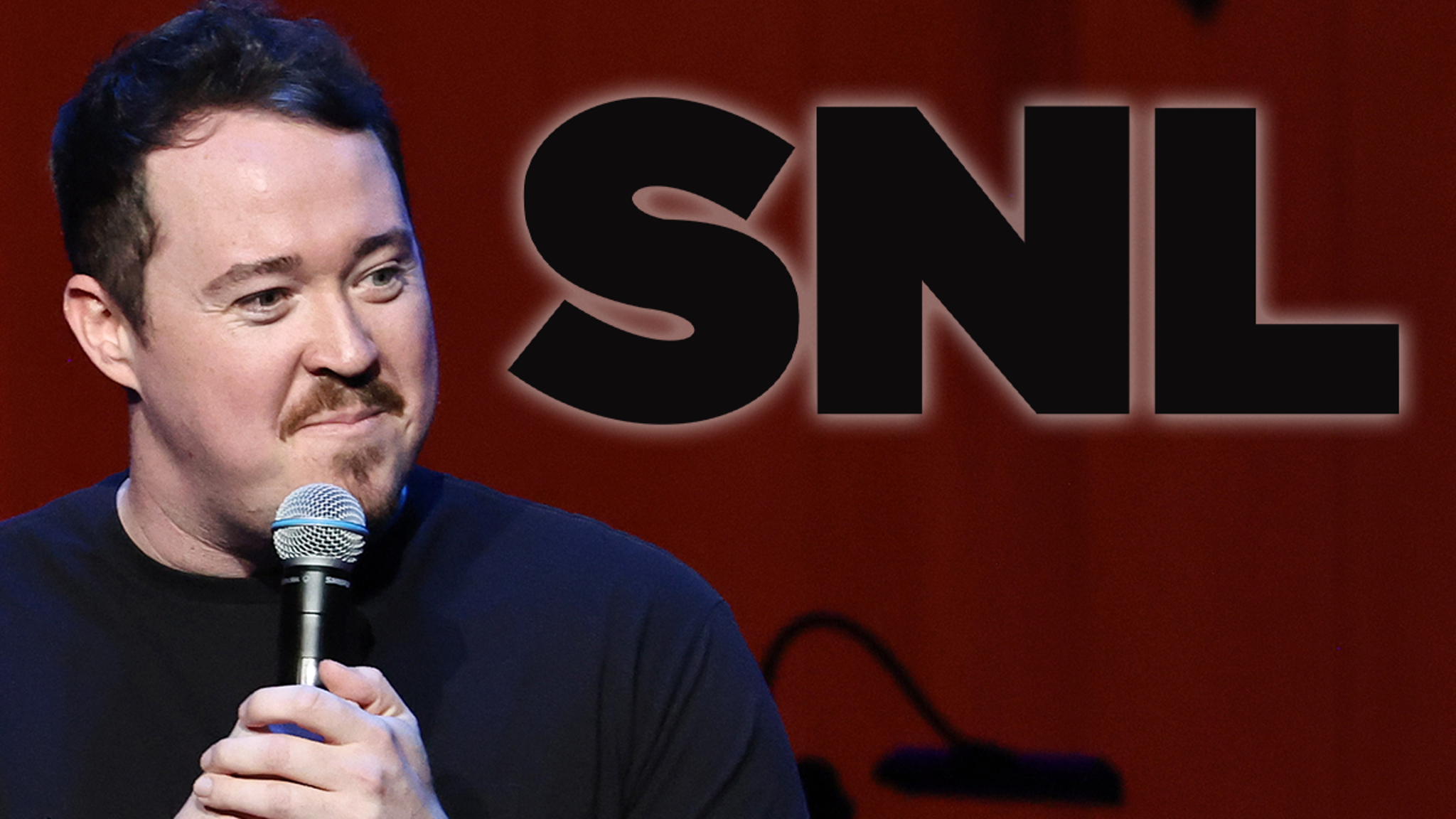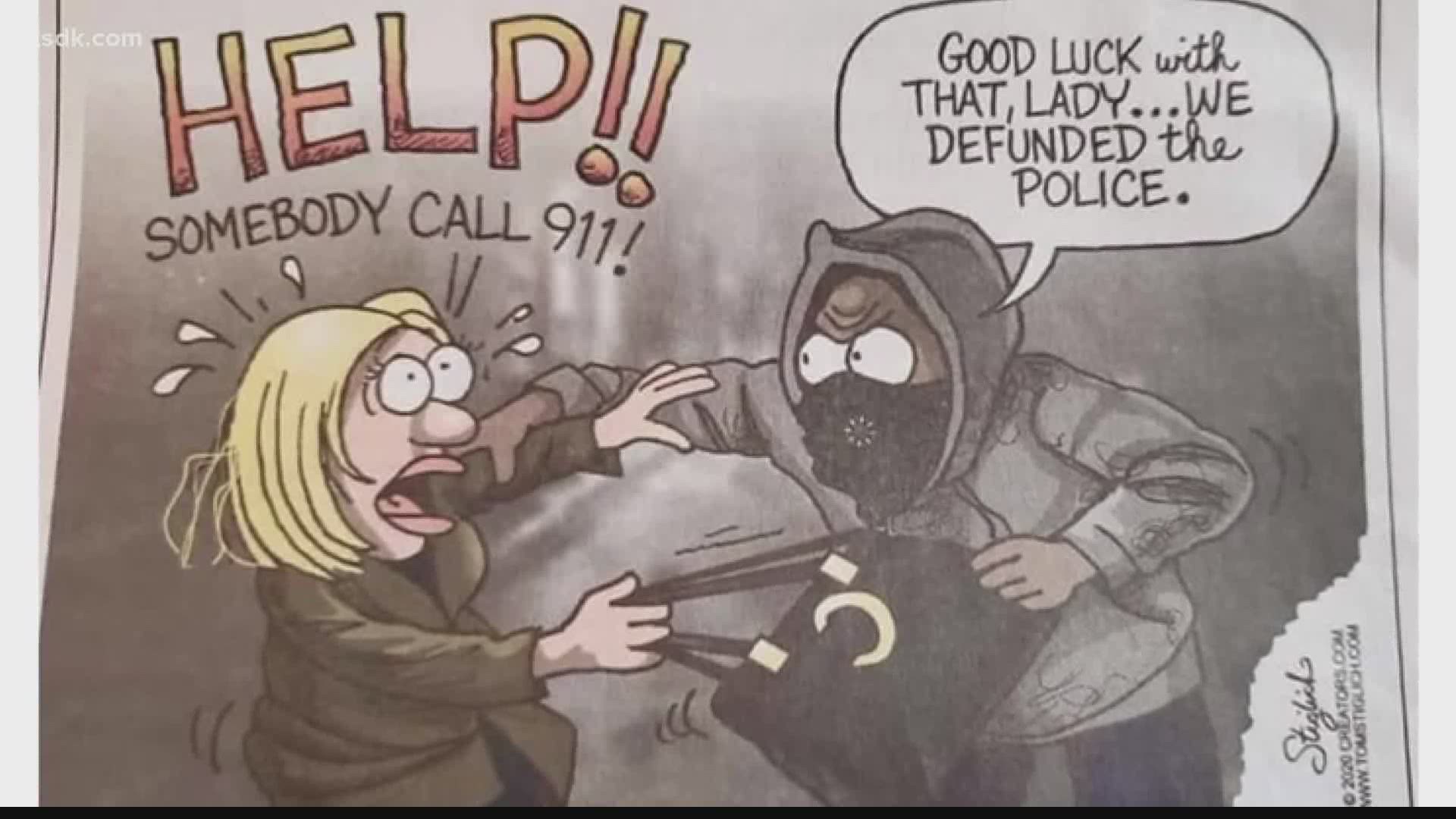Understanding The Impact Of Dark Racist Jokes: Why Context And Sensitivity Matter
Dark racist jokes have long been a controversial topic, sparking debates about humor, free speech, and social responsibility. These jokes often tread sensitive ground, blending humor with potentially harmful stereotypes. While some argue that such jokes can serve as social commentary, others believe they perpetuate racism and harm marginalized communities. In this article, we will explore the complexities surrounding dark racist jokes, their origins, their impact, and how society can navigate this delicate issue responsibly.
Humor is a powerful tool that can bring people together, but it can also divide when misused. Dark racist jokes, in particular, have the potential to reinforce negative stereotypes and deepen societal divides. Understanding the nuances of this topic is essential for fostering a more inclusive and empathetic society. By examining the historical context, psychological effects, and ethical considerations, we can better grasp why these jokes are problematic and how to address them constructively.
In today's digital age, where content spreads rapidly across social media platforms, the consequences of sharing or endorsing dark racist jokes can be far-reaching. This article aims to provide a comprehensive analysis of the subject, offering insights into why these jokes persist, their implications, and how individuals can engage in meaningful conversations about race and humor. By the end of this article, readers will have a clearer understanding of the ethical and social dimensions of dark racist jokes.
Table of Contents
- Historical Context of Racist Humor
- Psychological Impact on Marginalized Communities
- The Role of Social Responsibility in Humor
- Ethical Considerations of Dark Humor
- Balancing Free Speech and Harmful Speech
- Fostering Constructive Dialogue About Race
- Long-Term Effects of Racist Jokes on Society
- Alternatives to Dark Racist Jokes
- Case Studies: Real-World Examples
- Conclusion and Call to Action
Historical Context of Racist Humor
Racist humor has a long and troubling history, often used as a tool to reinforce systemic inequalities. During the 19th and early 20th centuries, minstrel shows were a popular form of entertainment in the United States. These performances featured white actors in blackface, perpetuating harmful stereotypes about African Americans. Such portrayals were not only offensive but also contributed to the normalization of racism in mainstream culture.
In other parts of the world, racist humor has similarly been used to marginalize minority groups. For example, anti-Semitic jokes were prevalent in Europe during the early 20th century, contributing to the dehumanization of Jewish communities. These jokes often served as a precursor to more overt forms of discrimination and violence, highlighting the dangerous power of humor when misused.
Evolution of Racist Humor
Over time, the nature of racist humor has evolved, adapting to changing societal norms. While overtly racist jokes have become less socially acceptable, subtler forms of racial humor persist. These jokes often rely on coded language or stereotypes, making them harder to identify and challenge. Understanding this evolution is crucial for addressing the ongoing impact of racist humor in modern society.
Psychological Impact on Marginalized Communities
The psychological effects of dark racist jokes on marginalized communities cannot be overstated. Research has shown that exposure to racist humor can lead to increased stress, anxiety, and feelings of alienation among minority groups. These jokes often reinforce negative stereotypes, making individuals feel devalued and marginalized.
One study conducted by the American Psychological Association found that repeated exposure to racist humor can contribute to internalized racism, where individuals begin to accept and internalize negative stereotypes about their own racial or ethnic group. This can have long-lasting effects on self-esteem and mental health, particularly among young people who are still forming their identities.
Impact on Intergroup Relations
Racist jokes not only harm the individuals they target but also damage intergroup relations. When such jokes are shared in social settings, they can create an atmosphere of hostility and mistrust. This undermines efforts to build inclusive communities and fosters divisions between different racial and ethnic groups.
The Role of Social Responsibility in Humor
Humor is a reflection of society, and as such, it carries a responsibility to promote positive values rather than perpetuate harm. Dark racist jokes often fail to meet this standard, prioritizing shock value over empathy and understanding. As individuals and as a society, we must recognize the impact of our words and actions and strive to use humor in a way that uplifts rather than divides.
One way to promote social responsibility in humor is through education. By teaching individuals about the historical and psychological impact of racist jokes, we can foster greater awareness and sensitivity. Schools, workplaces, and community organizations can play a key role in this effort by hosting workshops and discussions on the topic.
Ethical Considerations of Dark Humor
The ethical implications of dark racist jokes are complex. On one hand, proponents of free speech argue that humor should not be censored, even if it is offensive. On the other hand, critics contend that such jokes can cause real harm and should be discouraged. Striking a balance between these perspectives requires careful consideration of the context and intent behind the humor.
Intent vs. Impact
When evaluating the ethics of dark racist jokes, it is important to distinguish between intent and impact. While some may claim that their jokes are meant to be satirical or ironic, the impact on marginalized communities can still be harmful. This highlights the need for greater empathy and accountability in how we approach humor.
Balancing Free Speech and Harmful Speech
The debate over dark racist jokes often intersects with discussions about free speech. While freedom of expression is a fundamental right, it is not absolute. Speech that incites violence or promotes hate is generally considered beyond the bounds of acceptable discourse. Dark racist jokes, while not always explicitly harmful, can contribute to a culture of intolerance and discrimination.
Legal frameworks vary across countries, with some nations imposing stricter regulations on hate speech than others. In the United States, for example, the First Amendment protects a wide range of speech, including offensive humor. However, this does not absolve individuals of their moral responsibility to consider the impact of their words.
Fostering Constructive Dialogue About Race
Addressing the issue of dark racist jokes requires more than just condemning them. It also involves fostering constructive dialogue about race and racism. Open and honest conversations can help bridge divides and promote greater understanding between different racial and ethnic groups.
One effective way to facilitate dialogue is through storytelling. By sharing personal experiences and perspectives, individuals can humanize the impact of racist humor and challenge stereotypes. This approach encourages empathy and fosters a sense of shared responsibility for creating a more inclusive society.
Long-Term Effects of Racist Jokes on Society
The long-term effects of dark racist jokes on society are profound. These jokes contribute to the normalization of racism, making it more difficult to address systemic inequalities. They also undermine efforts to promote diversity and inclusion, creating barriers to social progress.
Over time, the cumulative impact of racist humor can erode trust and cohesion within communities. This not only harms marginalized groups but also weakens the fabric of society as a whole. Recognizing these long-term effects is essential for taking meaningful action to combat racism in all its forms.
Alternatives to Dark Racist Jokes
While humor can be a powerful tool for connection, it is important to explore alternatives to dark racist jokes. Satire, for example, can be used to critique social issues without resorting to harmful stereotypes. By focusing on the absurdity of racism itself, satirical humor can challenge prejudice in a way that is both entertaining and thought-provoking.
- Use humor to highlight systemic inequalities rather than perpetuate them.
- Focus on universal experiences that transcend racial and ethnic divides.
- Encourage empathy and understanding through storytelling.
Case Studies: Real-World Examples
Examining real-world examples of dark racist jokes can provide valuable insights into their impact. One notable case involved a popular comedian who faced backlash for incorporating racist humor into their routine. While some defended the comedian's right to free speech, others argued that the jokes perpetuated harmful stereotypes and alienated minority audiences.
Another case involved a viral social media post that included a racist joke. The post sparked widespread outrage, leading to calls for accountability and greater awareness of the consequences of online behavior. These examples underscore the importance of considering the broader implications of humor in both public and private settings.
Conclusion and Call to Action
In conclusion, dark racist jokes are a complex and controversial topic that requires careful consideration. While humor can be a powerful tool for connection, it also carries the potential to harm when misused. By understanding the historical context, psychological impact, and ethical considerations of these jokes, we can work toward a more inclusive and empathetic society.
We encourage readers to reflect on their own use of humor and consider how it may impact others. Engage in open and honest conversations about race, and challenge harmful stereotypes when you encounter them. Together, we can create a world where humor uplifts rather than divides. Share your thoughts in the comments below, and explore more articles on our site to continue the conversation.


Detail Author:
- Name : Ms. Calista Greenfelder Jr.
- Username : alba.nienow
- Email : annalise92@armstrong.com
- Birthdate : 1980-07-25
- Address : 386 Gabe Union North Jennifer, ID 19167-1282
- Phone : 1-260-942-5899
- Company : Fay Group
- Job : Shoe Machine Operators
- Bio : Harum vero odio harum quos. Nemo sint velit praesentium enim. Earum quidem officia est.
Socials
facebook:
- url : https://facebook.com/thielm
- username : thielm
- bio : Eum commodi velit commodi omnis tempore voluptatum omnis aspernatur.
- followers : 2926
- following : 957
twitter:
- url : https://twitter.com/melyna_real
- username : melyna_real
- bio : Error aut omnis iste quam. Nostrum excepturi accusamus facere. Vel itaque omnis adipisci maiores dicta facere.
- followers : 1004
- following : 1150
tiktok:
- url : https://tiktok.com/@melyna_thiel
- username : melyna_thiel
- bio : Omnis consequatur dolor consequatur non.
- followers : 2107
- following : 337
instagram:
- url : https://instagram.com/mthiel
- username : mthiel
- bio : Magni ut dolore consequuntur vitae atque. Quo officia iste odit quia. Dolor eaque nulla et sed.
- followers : 1948
- following : 2456